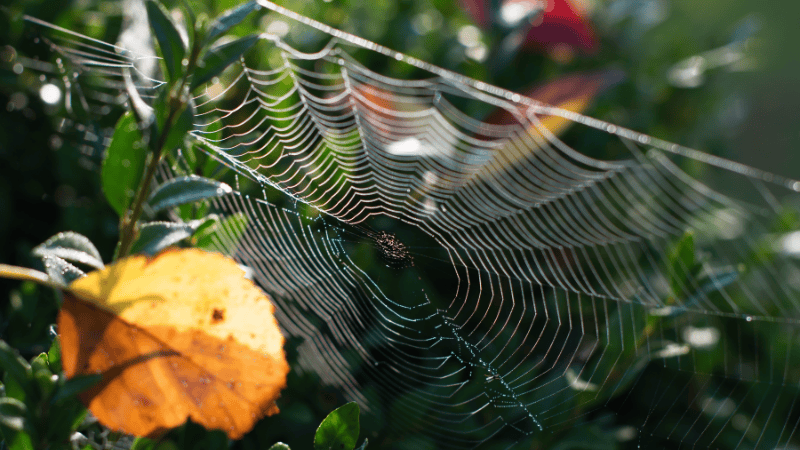EEE Cases in New England

The summer season is rapidly coming to an end marked by slightly cooler weather and the kids heading back to school. One thing that is not over, however, is the threat of mosquito-borne illnesses. One in particular has made the news recently that we should all be aware of - EEE - or Eastern equine encephalitis.Over the past couple of weeks several Baystaters have contracted the rare but life threatening illness. The Boston Channel, WCVB 5 reports that a fourth human case of the Eastern equine encephalitis virus was confirmed by laboratory testing via the Massachusetts Department of Public Health Sunday August 25, 2019.
What is EEE?

The Centers for Disease Control (CDC) reports that the EEE virus is a rare cause of brain infections (encephalitis). Only a few cases are reported in the United States each year. Most occur in eastern or Gulf Coast states. Approximately 30% of people with EEE die and many survivors have ongoing neurologic problems.After an incubation period of 4-10 days post infected mosquito bite the afflicted will result in one of two types of illnesses, systemic or encephalitic. The encephalitic type is where the brain swells and is called the illness we are discussing here - EEE. The type of illness will depend on the age of the person and other host factors. It is possible that some people who become infected with EEEV may be asymptomatic (will not develop any symptoms).For those who do develop Systemic symptoms they experience them with an abrupt onset and those are characterized by chills, fever, malaise, arthralgia, and myalgia. The illness lasts 1 to 2 weeks, and recovery is complete when there is no central nervous system involvement.Encephalitic symptoms are similar in that they include: fever, headache, irritability, restlessness, drowsiness, anorexia, vomiting, diarrhea, cyanosis, convulsions, and coma. Sadly, approximately a third of all people with EEE die from the disease. Death usually occurs 2 to 10 days after onset of symptoms but can occur much later. Of those who recover, many are left with disabling and progressive mental and physical issues.
How Can You Prevent EEE?

Preventing EEE means taking actions to limit mosquito exposure and mosquito bites. Even well into the fall, until the first hard frost, mosquitoes can and will continue biting. Limit your exposure to mosquitoes by avoiding the peak times when they are active - sunrise and sunset hours.In addition to limiting times of exposure, the CDC recommends using Environmental Protection Agency (EPA)-registered insect repellent, wearing long-sleeved shirts and pants, and treating clothing and gear. For the clothing and gear they suggest using Permethrin which is an insecticide that kills or repels mosquitoes.Call Pest-End Exterminators to ask about our mosquito and tick treatments and how you can protect yourself and family from any mosquito-borne illness.



